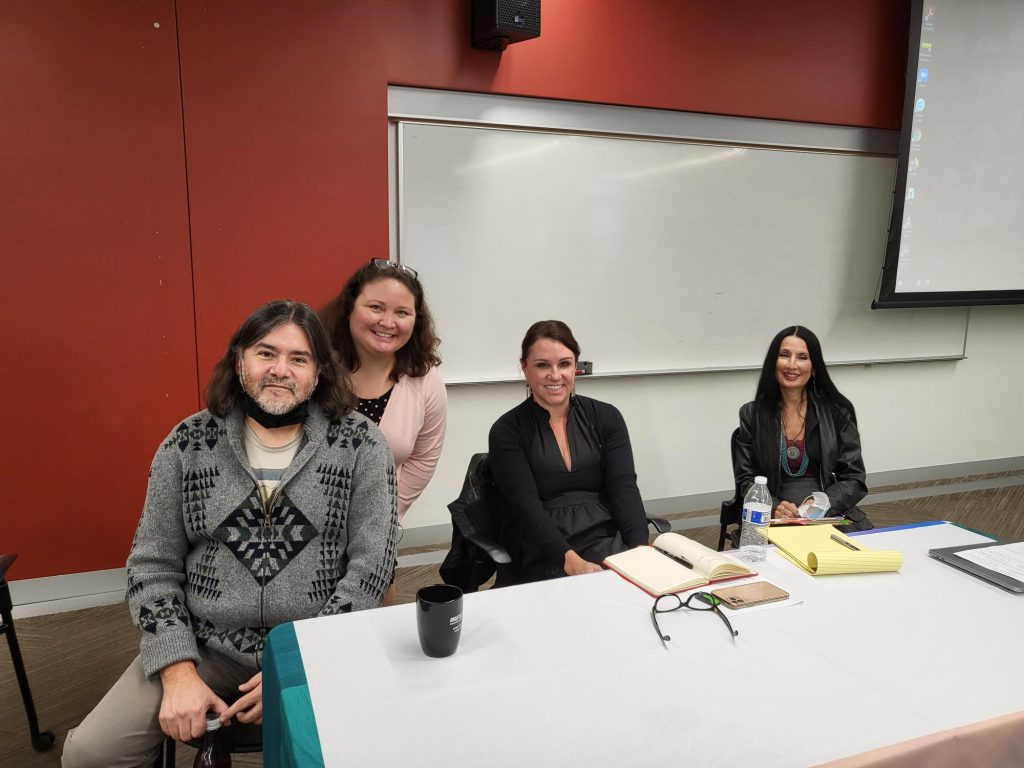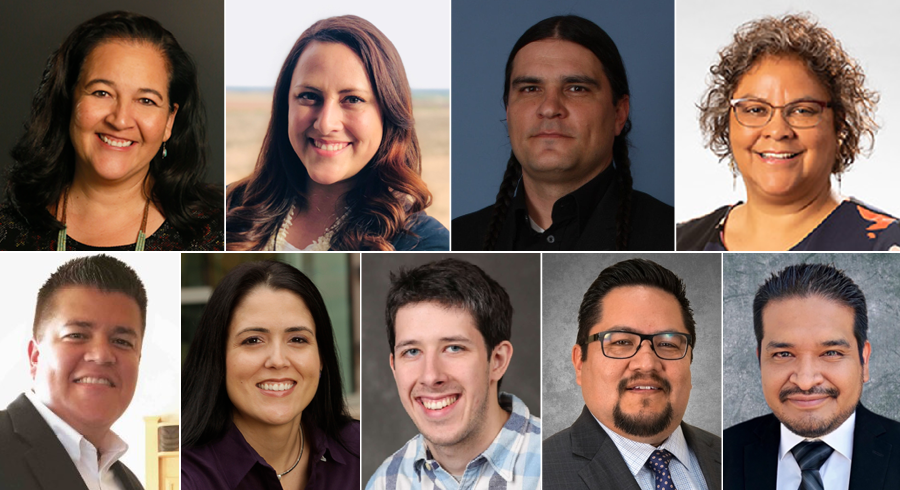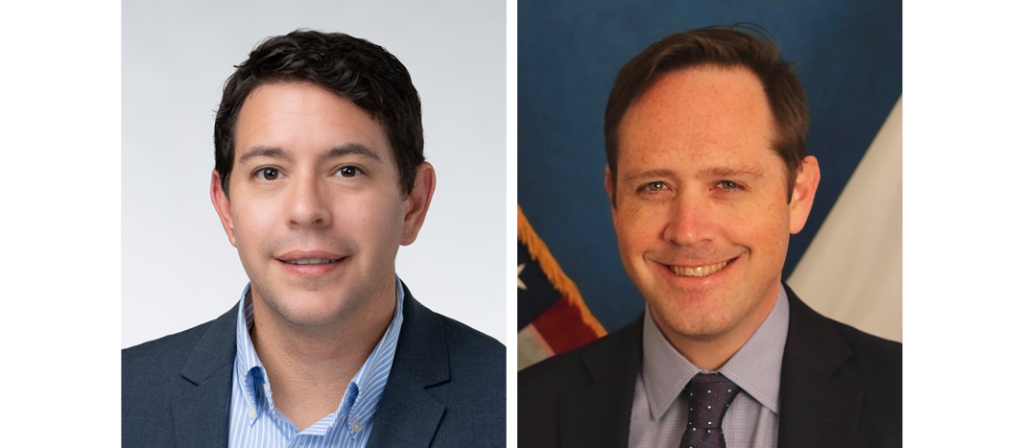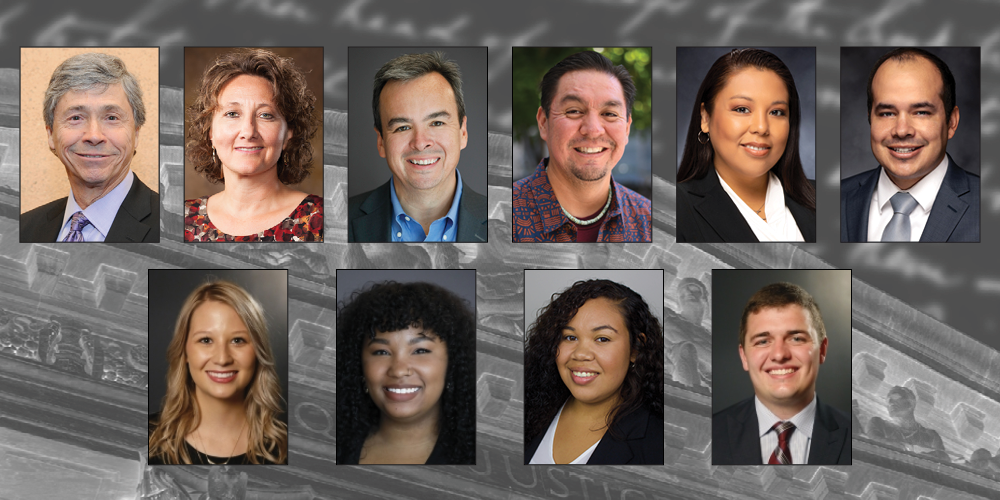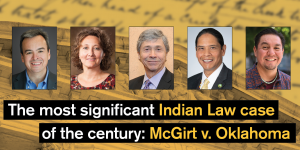Gathering of Indigenous Legal Scholars
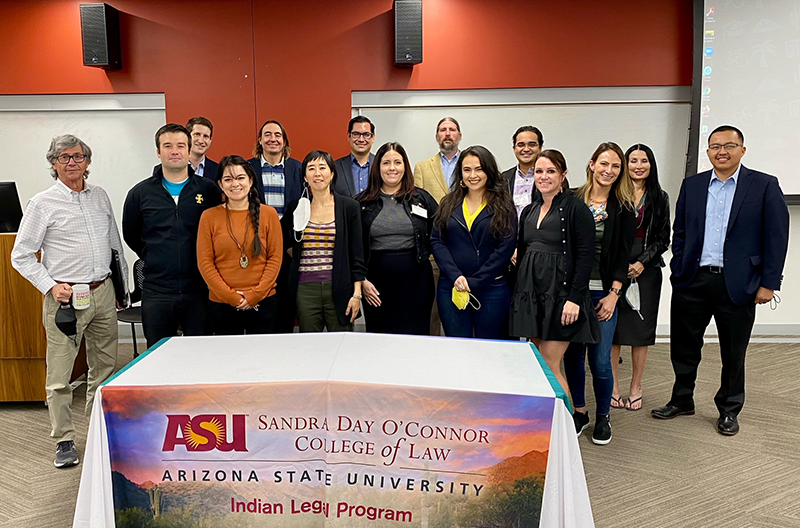
On Dec. 8-9, the ILP and the Native Nations Law and Policy Center at UCLA School of Law teamed up and welcomed current and future Indigenous law faculty from across the country to participate in the “Gathering of Indigenous Legal Scholars” at ASU Law. The purpose of this gathering was to cultivate a community of support for current and future legal scholars across the fields of federal Indian law and tribal law.
On the first day, four emerging Indigenous scholars presented their research to the 25 Indigenous law professors in attendance. The faculty then presented a hybrid-format webinar, “Launching Your Academic Career,” to share knowledge, tips and advice for entering the academic job market. On day two, junior and senior faculty in the field shared their current research with one another.
The overall event highlighted just how robust scholarship in the field of Indigenous law has become, and how important rigorous legal research is to Indigenous peoples and the development of law and legal systems intended to meet their needs. The event built on previous gatherings for emerging Indigenous faculty organized by senior Indigenous scholars, including Professor Robert J. Miller.
We are delighted that five ILP affiliates participated: Native Vote Fellow Torey Dolan (’19) presented “Reviving the Promises of the Indian Citizenship Act: Congress’ Trust Obligations to Protect the Native Vote,” Professor Patty Ferguson-Bohnee presented “Self-Determination in a Sinking Basin,” Professor Stacy Leeds presented “Essentials of Going on the Legal-Academic Job Market”, Professor Miller served on the roundtable “Developing Your Research Agenda” and Professor Trevor Reed presented “Restorative Licensing.”
We appreciate our co-host the Native Nations Law and Policy Center at UCLA School of Law and all participants for making this a successful event.

